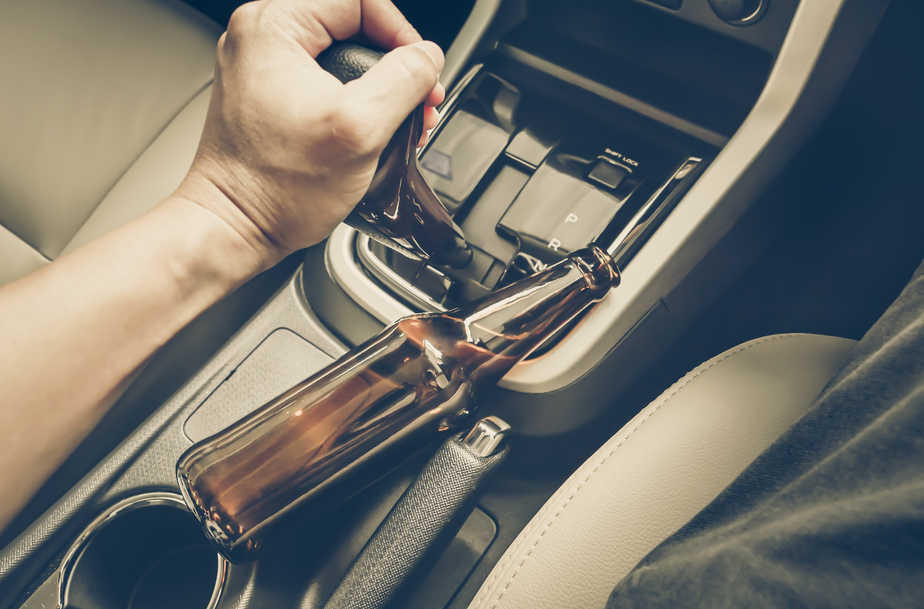The Summary Of Houston DUI & DWI
Driving under the influence (DUI) refers to drunk driving in some states. In other states, it is termed as driving while intoxicated (DWI). However, others call it operating under the influence (OUI). Unsurprisingly, such crimes are regarded as some of the very serious driving offenses as they lead to more than a third of the total traffic fatalities. DWIs and DUIs are punishable with harsh fines, and the trends project even more stringent laws in the future.
Essentially, there are three kinds of drunk driving legislation:
- Driving under the influence. In the US, every state classifies DWI or DUI as a crime. Specifically, DUIs or DWIs are offenses of driving with no control over one’s mind or actions due to alcohol or any other illegal or legal substances.
- BAC of .08% or higher. In the 50 states, it is also an offense to be on the wheel with a BAC (blood alcohol concentration) of .08% or above, irrespective of whether the driver was affected or impaired.
- Felony DUI. Specific kinds of DUIs can lead to a felony charge, which is a serious offense that can lead to imprisonment.
What Does “Driving Under The Influence” Mean?
A DUI law might forbid driving when intoxicated due to the consumption of alcohol, driving when intoxicated from a drug, and driving when intoxicated by the combination of any drug (illegal or legal) and alcohol, irrespective of the level of alcohol intoxication.

- The individual operated and controlled a vehicle – meaning steering and directing the movement of the vehicle.
- When doing so (driving), the person was intoxicated – “under the influence” – such that this undermined their capability to steer the vehicle safely to a huge extent due to having taken alcohol, a drug, or a combination of both.
Based on these conditions, if accused of a DUI, you can claim that you were not under the influence, although your BAC was at or exceeded 0.08%.
What Does “Driving While Blood Alcohol Is 0.08% Or Higher” Mean?
In all the 50 states, any individual whose BAC is at least .08% or higher is assumed to be under the influence of alcohol. Furthermore, many states have decided to ban outrightly any person from driving when having this blood-alcohol level, regardless of whether the driver is impaired.
To show beyond doubt that a person is liable for the illegal act of driving when having a BAC of .08%, these elements have to be proven:
- The person was driving a motor vehicle, and at the time their blood alcohol content was at least .08% or higher.
In jurisdictions with this kind of legislation, in a court case, the jury has the option to declare the defendant culpable for driving under the influence and/or driving with a blood alcohol content of .08% or greater. Therefore, despite the possibility that the accused and witnesses could convince the jury that the defendant was in full control of the vehicle, steering the vehicle safely and cautiously, the jury can still give a guilty verdict if it’s convinced that the driver’s blood-alcohol content was .08% or higher as they drove. Most of the time, the penalty is similar, irrespective of whether the errant driver is convicted of one or both offenses.
Contact A Lawyer
Any person charged with a DWI or DUI offense should immediately contact an experienced DUI or DWI lawyer. You might not desire to engage an attorney, however, a consultation may provide some valuable insights. An expert local attorney will be able to counsel you on the law in your area, the plea bargain approaches adopted by the local prosecutor’s offices, and the consequences for your driving license. An attorney will also discuss possible defenses.
Give Jim a call today and let him give you a free consultation so that you can get the help that you need. You can contact Jim for your free consultation!
